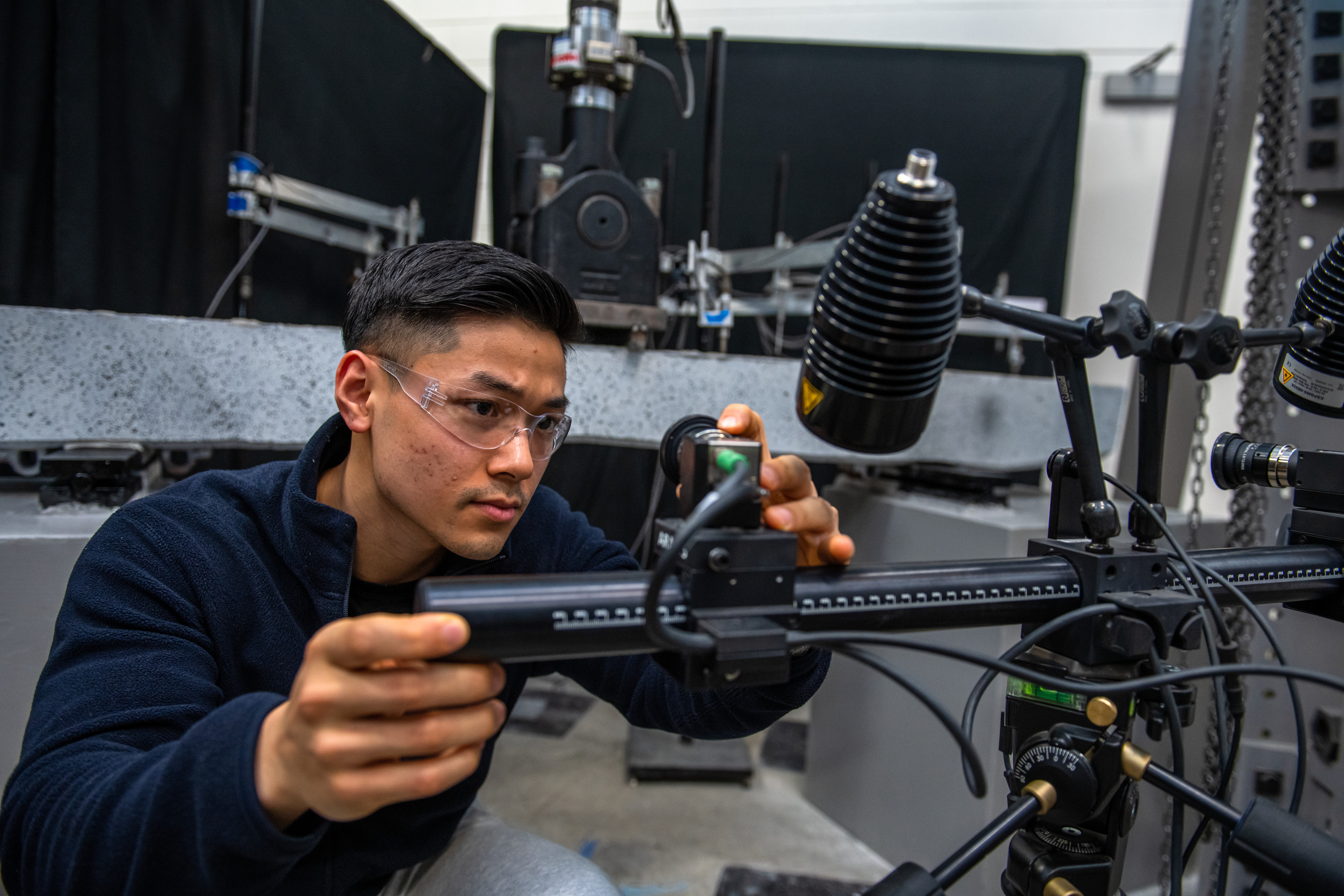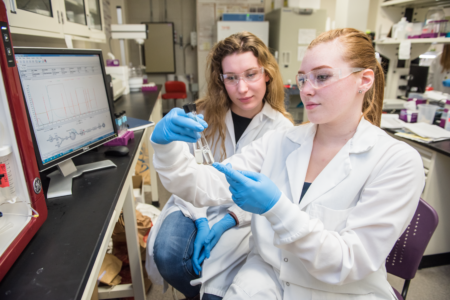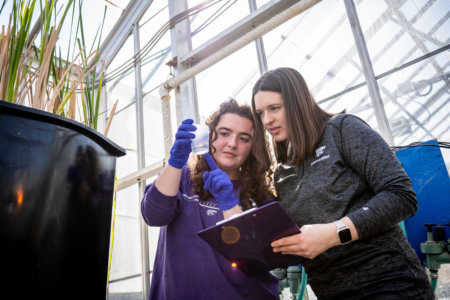The ever-growing demand for improved infrastructure and the rapid development of countries worldwide have propelled civil engineering to the forefront of sought-after careers. In fact, US News and World Report ranked Civil Engineering #4 in their 2023 “Best Engineering Jobs” list.
With global opportunities and a well-compensated path, especially for leadership roles, civil engineering offers a compelling choice for ambitious individuals. Current data indicates graduates with Master’s and PhD degrees command an average starting salary of US$83,417. However, the future of civil engineering is not just about high salaries. It’s about embracing innovation and adaptation. Emerging technologies are continuously transforming the landscape, demanding graduates who are comfortable in dynamic environments. Critical thinking, problem-solving, and a collaborative spirit are just as crucial as technical expertise.
If you’re seeking an impactful programme on a friendly, safe, and welcoming campus, look no further than Kansas State University (K-State). Home to the Carl R. Ice College of Engineering, it has a century-long legacy of providing quality education within a research-driven environment that cultivates tomorrow’s leaders. The Department of Civil Engineering, a proud member of this esteemed college, exemplifies this commitment.
K-State’s Department of Civil Engineering offers comprehensive graduate and research programmes, equipping students for leadership roles across industry, academia, and government. Students can pursue master’s and doctoral degrees with specialisations in Environmental Engineering, Water Resources Engineering, Geotechnical Engineering, Structural Engineering, and Transportation Engineering.

The Department of Civil Engineering is home to state-of-the-art laboratories, nationally recognised student chapters, and thriving research programmes. Source: Kansas State University
Take Environmental Engineering, for example. Professor Prathap Parameswaran, a leading researcher in environmental engineering, focusing on areas crucial for a sustainable future, recognises the evolving role of environmental engineering in addressing global issues. He advocates for developing climate-smart technologies for wastewater infrastructure and waste management, alongside smarter technologies to minimise greenhouse gas emissions and ensure clean air and water. Such is the calibre of faculty members who will guide you through modules in Water Treatment Processes, Environmental Engineering Chemistry, Wastewater Engineering: Biological Processes, and many more.
An ardent believer in the power of interdisciplinary learning, Professor Parameswaran offers courses that bridge disciplines, leads collaborative research projects, and co-mentors students with faculty from various fields. “This makes the students well prepared to face the multi-faceted industry better,” he says.
If you’re keen on Structural engineering, you’ll benefit from Professor Hayder Rasheed’s expertise and experience. He is actively engaged in several research projects that push the boundaries of knowledge and have real-world applications. His current research delves into innovative methods for strengthening and analysing concrete structures. One project investigates the seismic response of reinforced concrete beams when fortified with CFRP sheets and anchors. Another explores using matrix truss analogy to automate the analysis of deep concrete beams.
Despite all he’s done, Professor Rasheed always makes time to share his knowledge and nurture the next generation of structural engineers. “One of my goals is to work with bright students sharing my passion for advancing structural engineering,” he says. “I focus more on experimental work for MS students and combine that with theoretical developments at the PhD level.”
With a strong community, everyone in the department is spurred to do their best work. An example of this dedication is the K-State engineering team’s development of a crash count predictive tool. Funded by a US$350,000 grant from the US Department of Transportation, this innovative tool will categorise crash data by severity in each region of interest and help law enforcement agencies better allocate resources and enhance public road safety.

There are currently over 3,100 students enrolled to the Carl R. Ice College of Engineering. Source: Kansas State University
This spirit of innovation permeates the department, evident in its state-of-the-art laboratories, nationally recognised student chapters, and thriving research programmes. These laboratories, encompassing areas like environmental engineering, hydraulic engineering, materials testing, and more, provide students with the practical tools needed to excel in their graduate research endeavours.
The department also actively pursues research projects aligned with the 14 engineering grand challenges, focusing on critical areas like urban infrastructure improvement and clean water access. Take Jordan Williams, a master’s student in Civil Engineering, as an example. His research delves into wastewater treatment and resource recovery, specifically focusing on optimising energy consumption in an anaerobic membrane bioreactor treating real swine wastewater. By operating a physical system instead of relying solely on models, Williams aims to minimise energy inputs while maximising energy production, treatment capacity, and operational efficiency.
Williams embodies the department’s tradition of student success. Many graduates have secured coveted positions in academia, both domestically and internationally, while others have landed prominent roles in industry and government.
K-State recognises and supports exceptional talent. Highly qualified applicants are encouraged to apply for funding opportunities; however, it’s important to note that students must formally apply before discussing financial support.
Interested? Learn more about Civil Engineering at K-State.
Follow Kansas State University on Facebook, X, YouTube, and Instagram












